Program Completion and Mentor Surveys as Indirect Evidence of Learning: From Development to Use
The development and implementation of surveys to assess learning within the College of Education (COE) for students in …

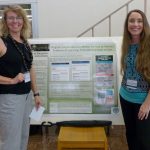
The development and implementation of surveys to assess learning within the College of Education (COE) for students in …
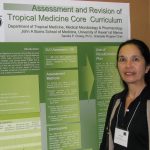
The Tropical Medicine Curriculum Committee reviewed the organization and content of the Tropical Medicine MS and PhD core …
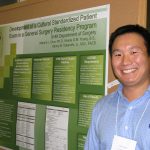
Due to the growing diversity of the United States population, various legal mandates and accrediting bodies require doctors …
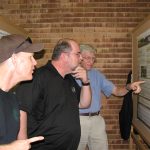
Anthropology is a four-field discipline that encompasses historical, humanistic, biological, linguistic, and psychological approaches to a holistic study …
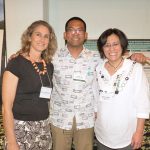
New LCME accreditation standards will require medical schools to monitor curriculum and content and to develop a curriculum …
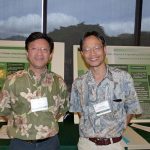
Oral proficiency in Mandarin is one of the core language skills targeted by the Chinese program learning outcomes. …

Mānoa Works is designed to increase the college retention and success of need-based students through part-time work experience …
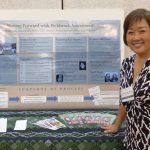
The Hawai‘i Rehabilitation Counseling program (HRC) at the University of Hawaiʻi at Mānoa (UHM) prepares graduate students to …
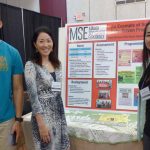
The University of Hawaiʻi at Mānoa’s highest attrition rate occurs between students’ first and second years. This issue …
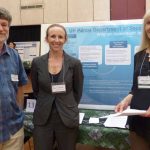
The Sociology Department at the University of Hawaiʻi at Mānoa (UHM) made significant changes to program assessment during …
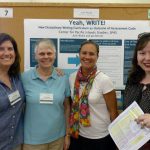
Pacific Island Studies at the University of Hawaiʻi at Mānoa has 6 teaching faculty and 20 majors enrolled …
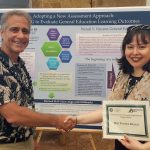
In Spring 2016, the General Education Office identified a need to improve its indirect assessment efforts. Working with …
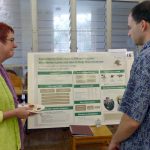
This poster shares results of a survey conducted in Summer 2016 to individuals eligible to participate in the …
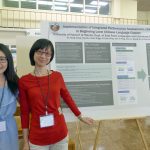
Exploring possibilities for, and effects of, Integrated Performance Assessments (IPAs) in the Department of East Asian Languages and …
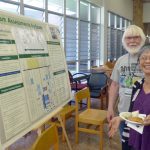
Department of Mathematics Program Assessment via Exam by Heiner Dovermann
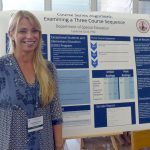
This poster outlines the process through which faculty examined how the embedded assignments, field components, and signature assignment …
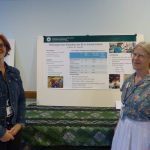
For the BS in Animal Sciences supervisor evaluations from the capstone field experience provide a valuable external check …
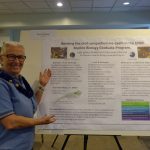
The Marine Biology Graduate Program has established an ad-hoc committee to review existing protocols of the comprehensive exam …
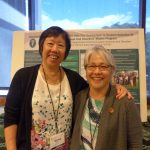
The poster describes the steps and resulting standardized student admission procedure for the Communication Sciences and Disorders’ Master …
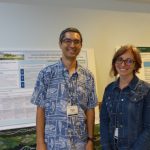
Less than 75% of Biological Engineering students have been assessed as meeting student learning outcome targets in the …
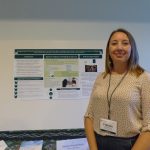
This project was to increase the learning and the assessment capabilities in two core Child and Family courses. By …

In 2018, the Communication program in the School of Communications conducted a program assessment of undergraduate senior capstone …
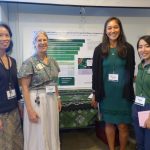
The poster will describe the process that the dietetics program faculty and staff underwent to develop a systematic …
Last Updated: 4 March 2024. Click here to view archived versions of this page. The data or evidence in a …